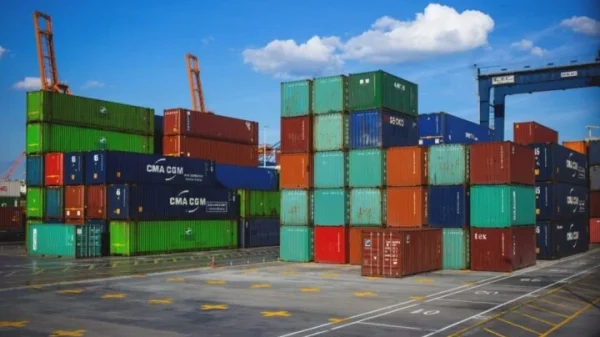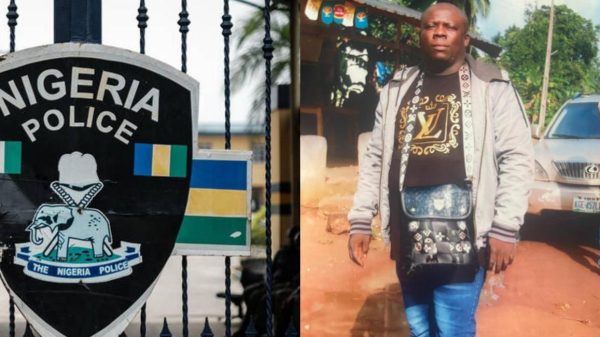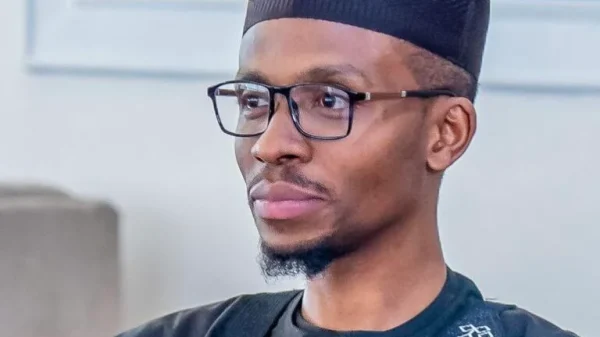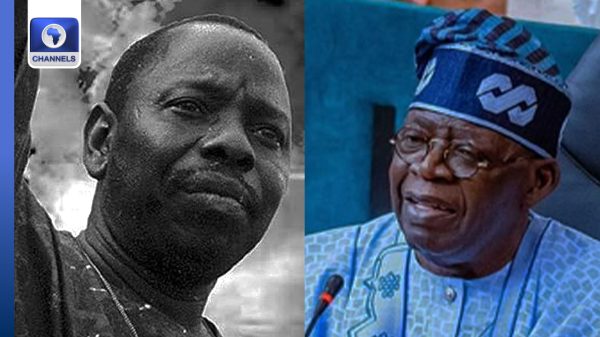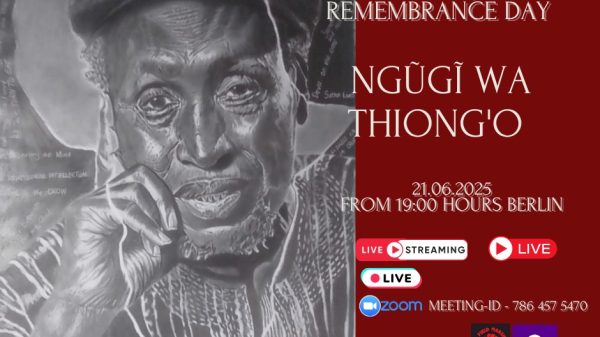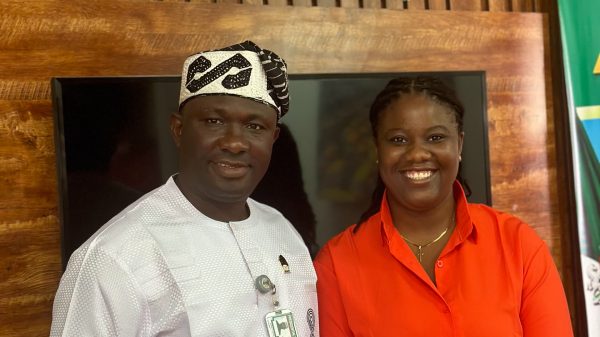Many young Liberians are falling victim to a trafficking scam disguised as a scholarship program that promises education in Australia. These hopeful individuals, lured by false promises, pay between $300 and $3,000 for a chance at a better future. Upon arrival in Nigeria, they soon realize that the scholarship was a lie, leaving them stranded and desperate.
One such victim, 23-year-old Chris Cooper, shared his ordeal. Cooper believed he was heading to Australia to pursue his undergraduate studies after being contacted by a Nigerian named Phoebe Onogu through Facebook. He trusted her because she used a fellow Liberian as the middleman. Unfortunately, Cooper found himself in Lagos instead of Australia, having lost $400 and endured a grueling four-day journey through several West African countries.
Despite his situation, Cooper remains determined to pursue his education abroad. “I still want to leave Africa because the education system here is failing,” he told FIJ. His story highlights the growing trend of young Africans leaving their countries in search of better educational opportunities, only to be deceived by traffickers.
FIJ also encountered other victims, including Masonia Bama, a 20-year-old Liberian, and her boyfriend, Sampson. Bama, lured by her cousin “Sugar,” believed she was on her way to study medical health in Australia. Instead, she found herself in Nigeria, pressured to scam others to survive. Sampson, who joined her, is now stranded, hungry, and heartbroken.
The traffickers operate under the guise of a network marketing business affiliated with QNET. Sory Sidjie, the leader of the operation, denied trafficking accusations, insisting that they only recruit people to sell products. However, many victims are starved and abused when they refuse to deceive others.
Efforts to contact QNET and the Nigerian traffickers have so far been unsuccessful. Meanwhile, the Liberian Embassy in Nigeria is aware of the situation and has taken steps to investigate. Some victims have been assisted in returning home, but others, like Cooper, remain in limbo, unable to leave Nigeria due to the ECOWAS free movement agreement.
The trafficking scheme preys on the aspirations of young Africans, promising them a brighter future abroad but delivering only exploitation and despair.




